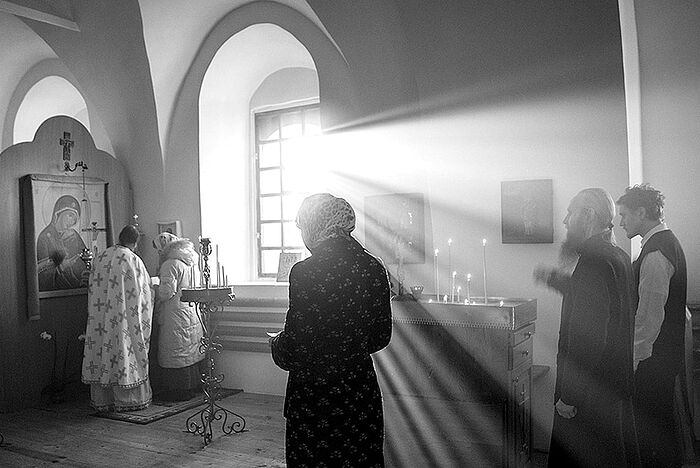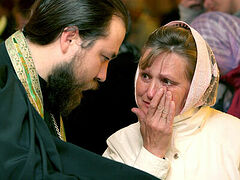In Confession, the Church wants one to reveal his hidden shadow [the hidden thing that overshadows him].
In Confession, the Church wants one to show the wounds to his soul that he is hiding behind the appearance of health.
In Confession, the Church wants one to reveal the weakness that he is hiding behind the mask of strength.
In Confession, the Church wants one to reveal the festering sore on his soul, the sore whose surface he is artfully occluding with perfumed ointments.
In Confession, the Church wants one who is playing the role of the splendid knight to show himself for what he is, the ruinous person he actually is when he is alone.
No one goes to a physician to boast about his health. He goes in order to reveal to him the place on his health that is rotten. In precisely the same way, one goes to a spiritual director to reveal to him some dangerous crack in his righteousness.
When one crosses the threshold of a doctor’s office, he leaves behind all his pride, so that he can pick it up again as he goes out again among people. When a person goes to Confession, he must leave all his pride outside the threshold of the church. And it is good for him to leave it there when he again goes out among people. God grant that at the exit, he find a different crutch: instead of picking up his pride, that he take up humility to give him support in life.




